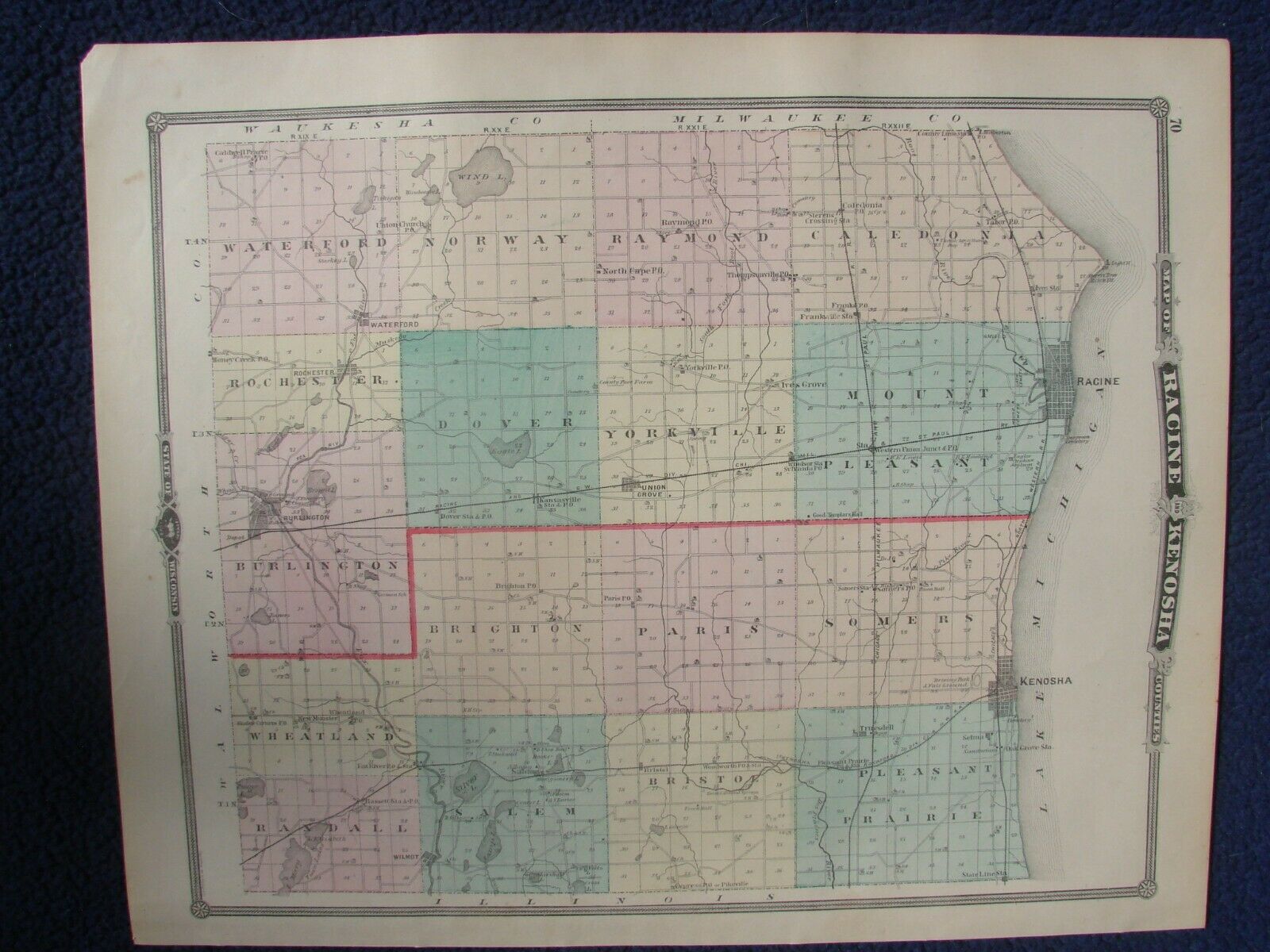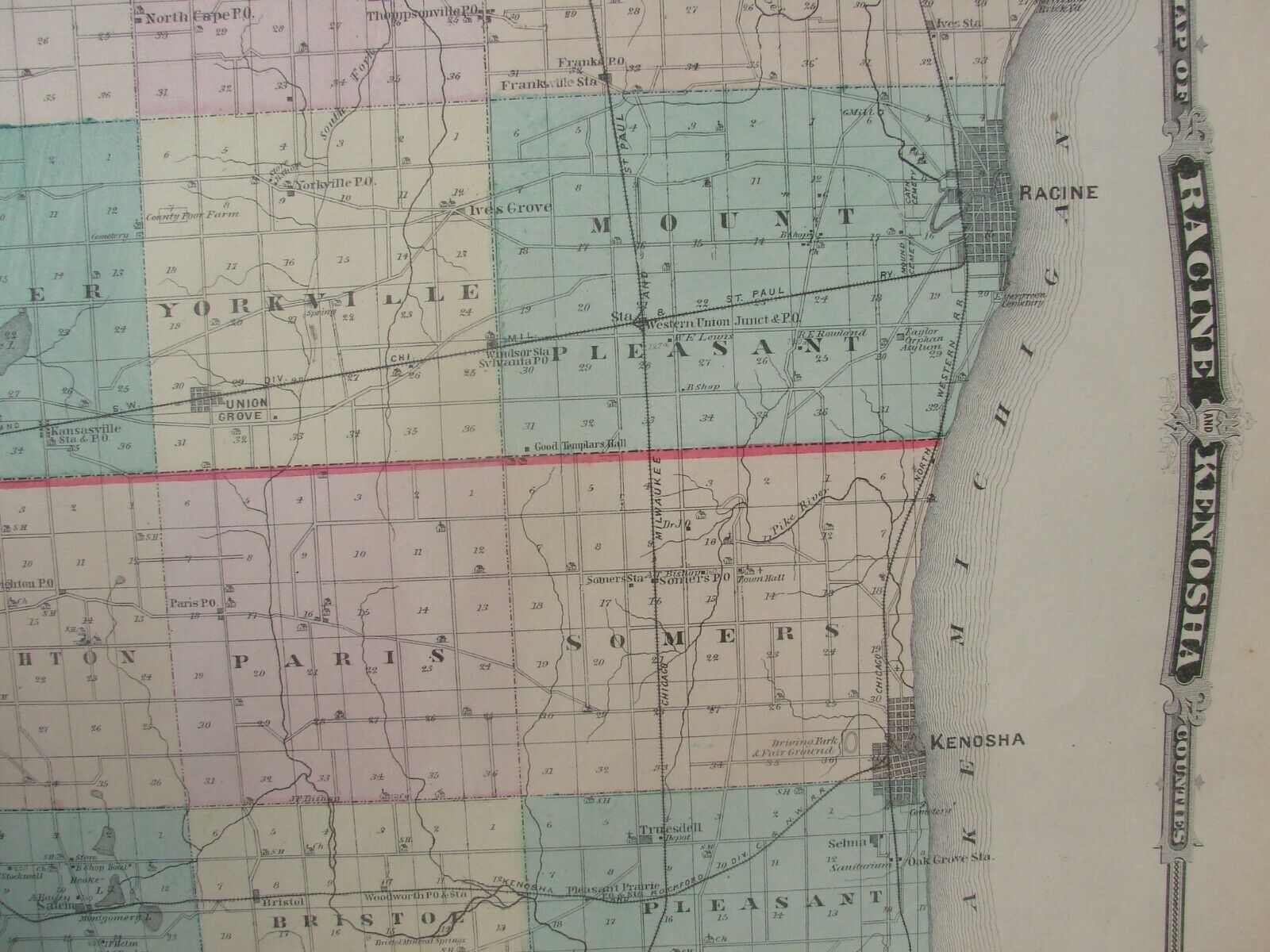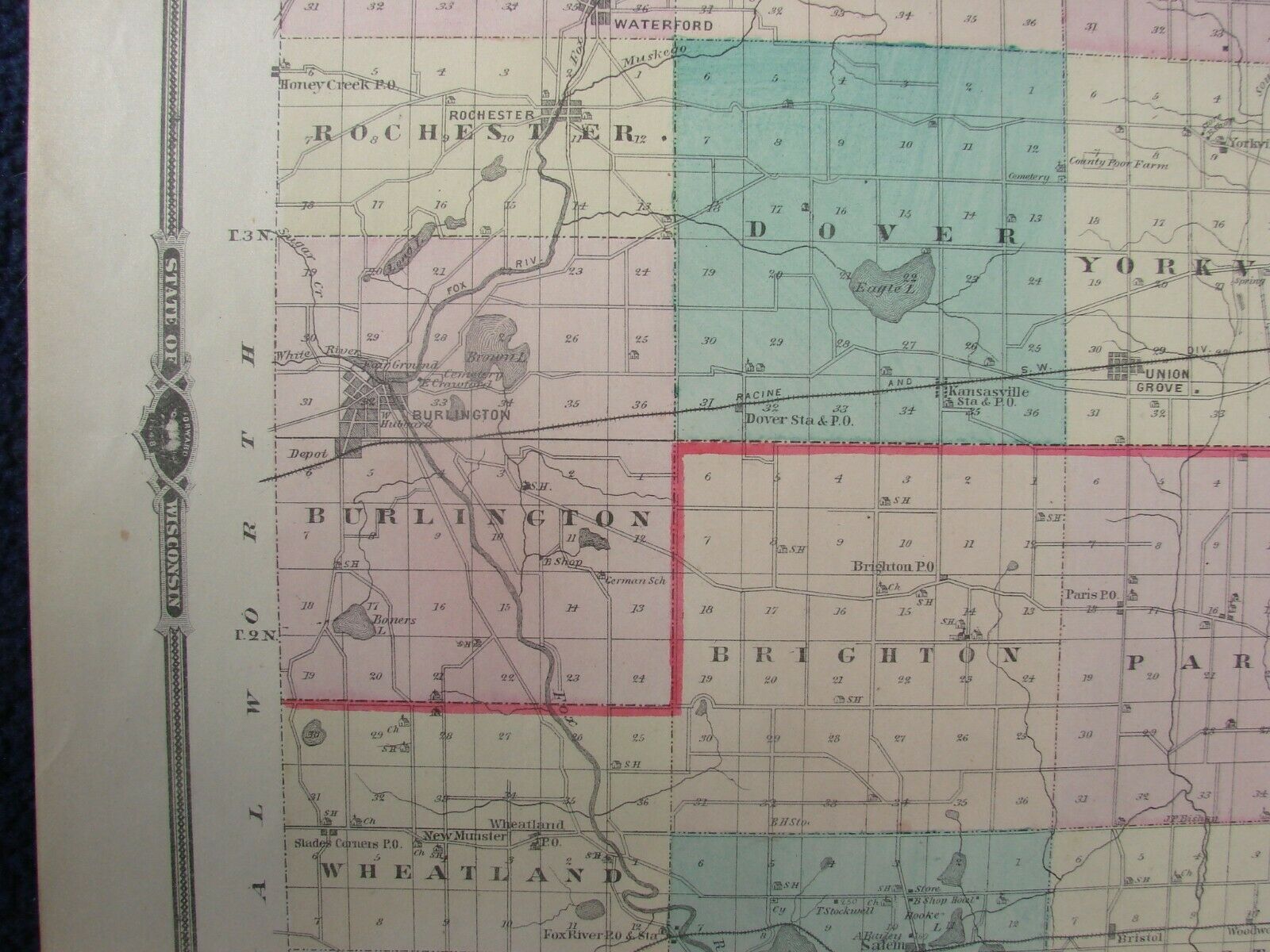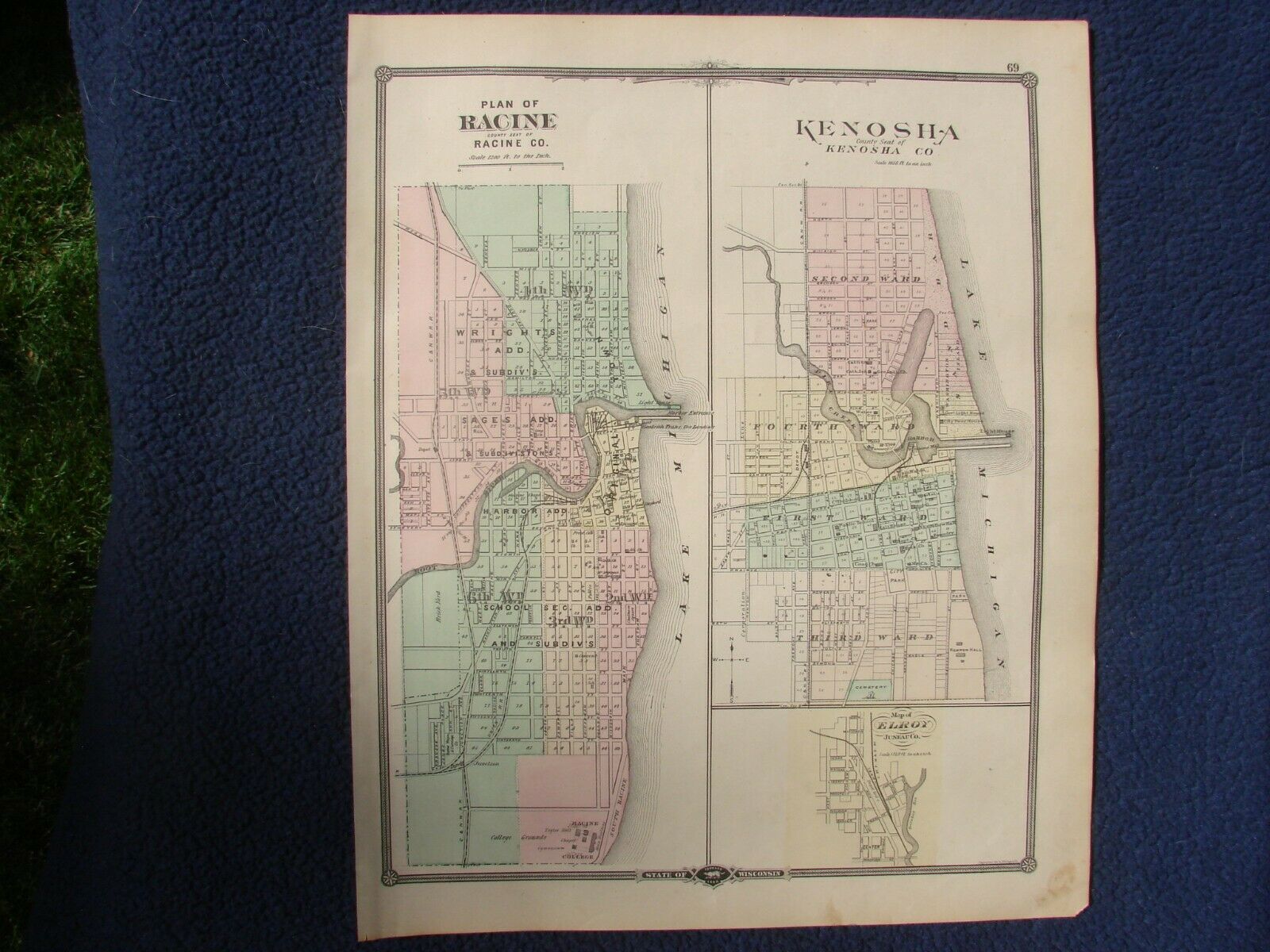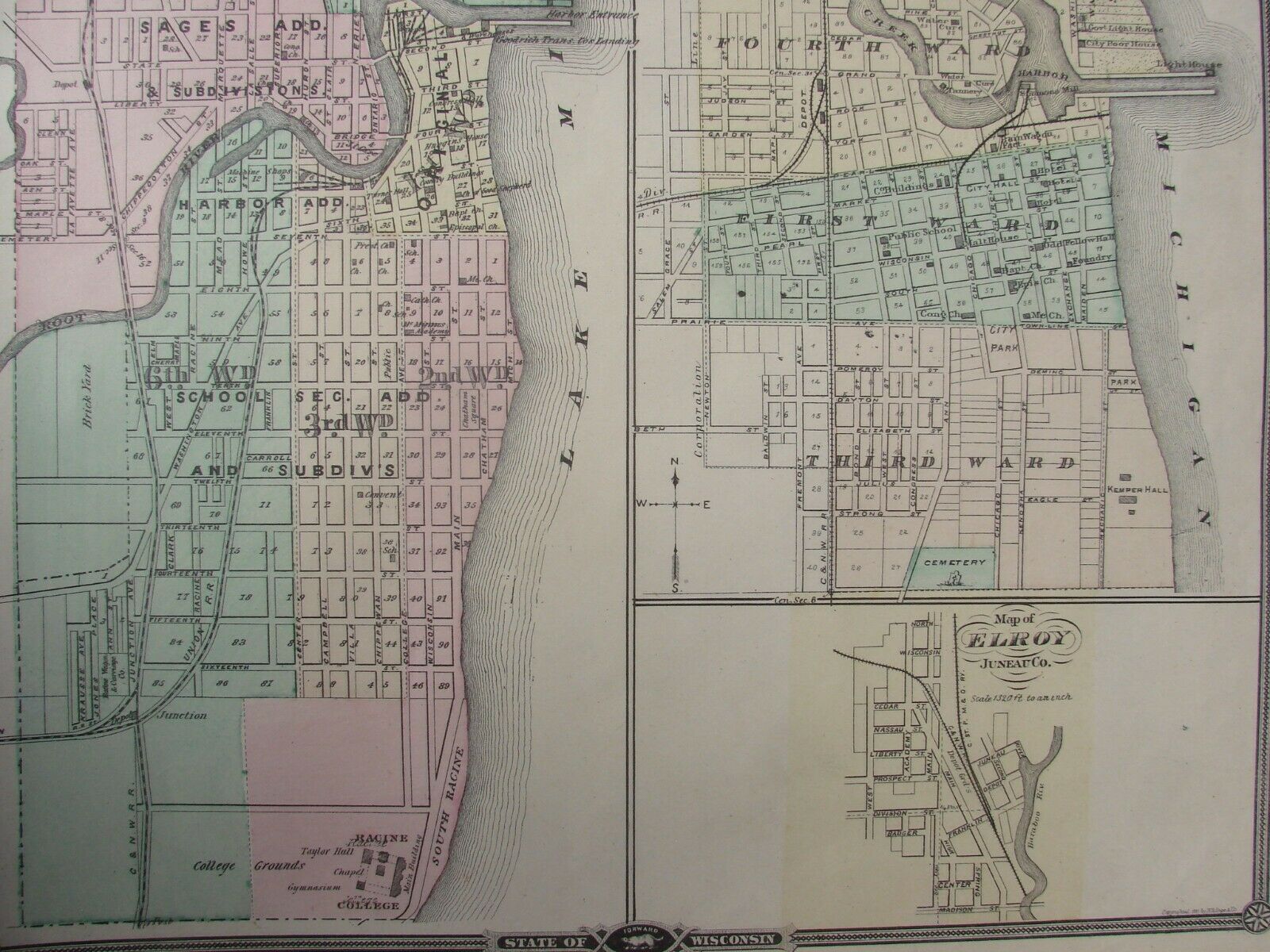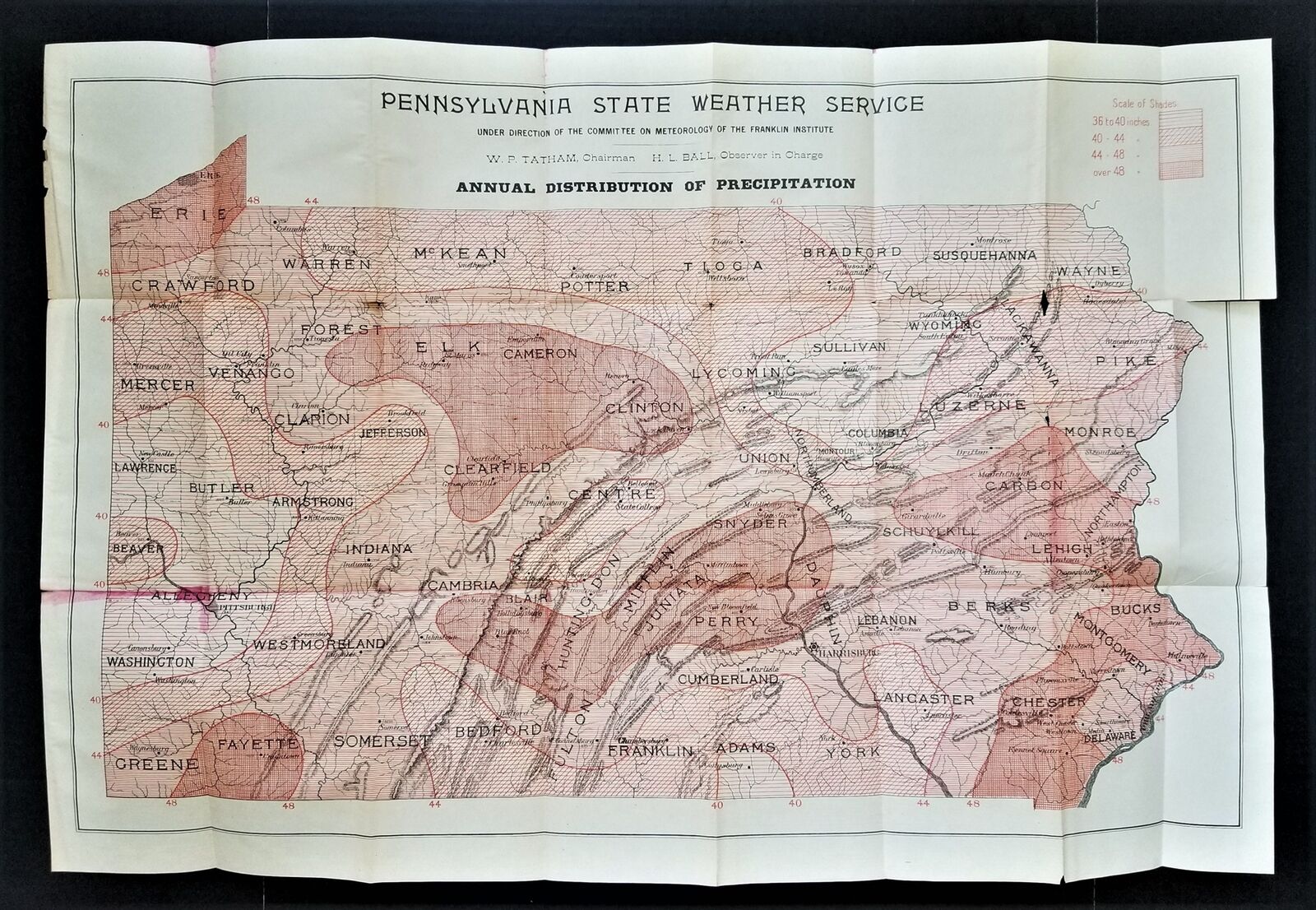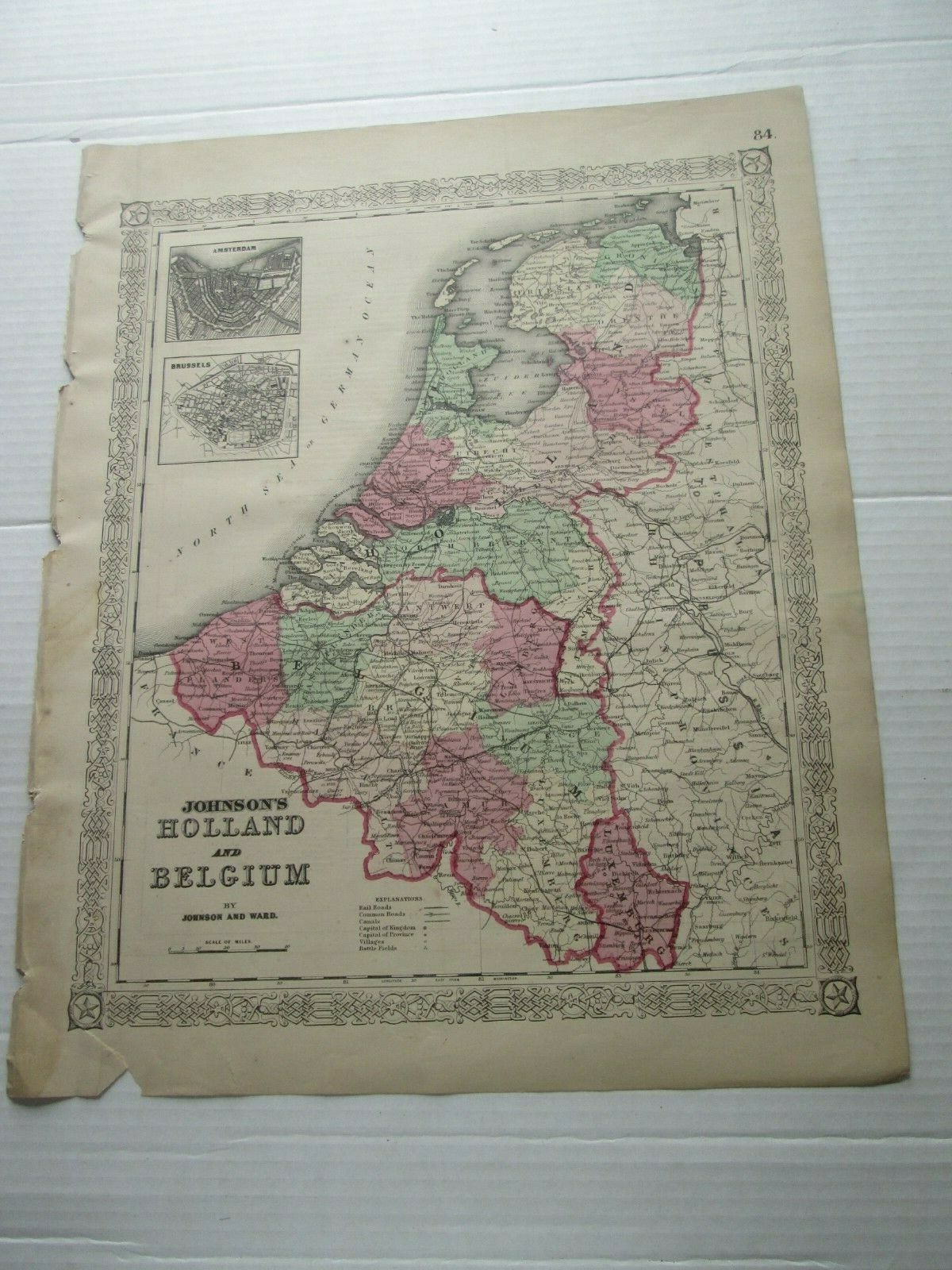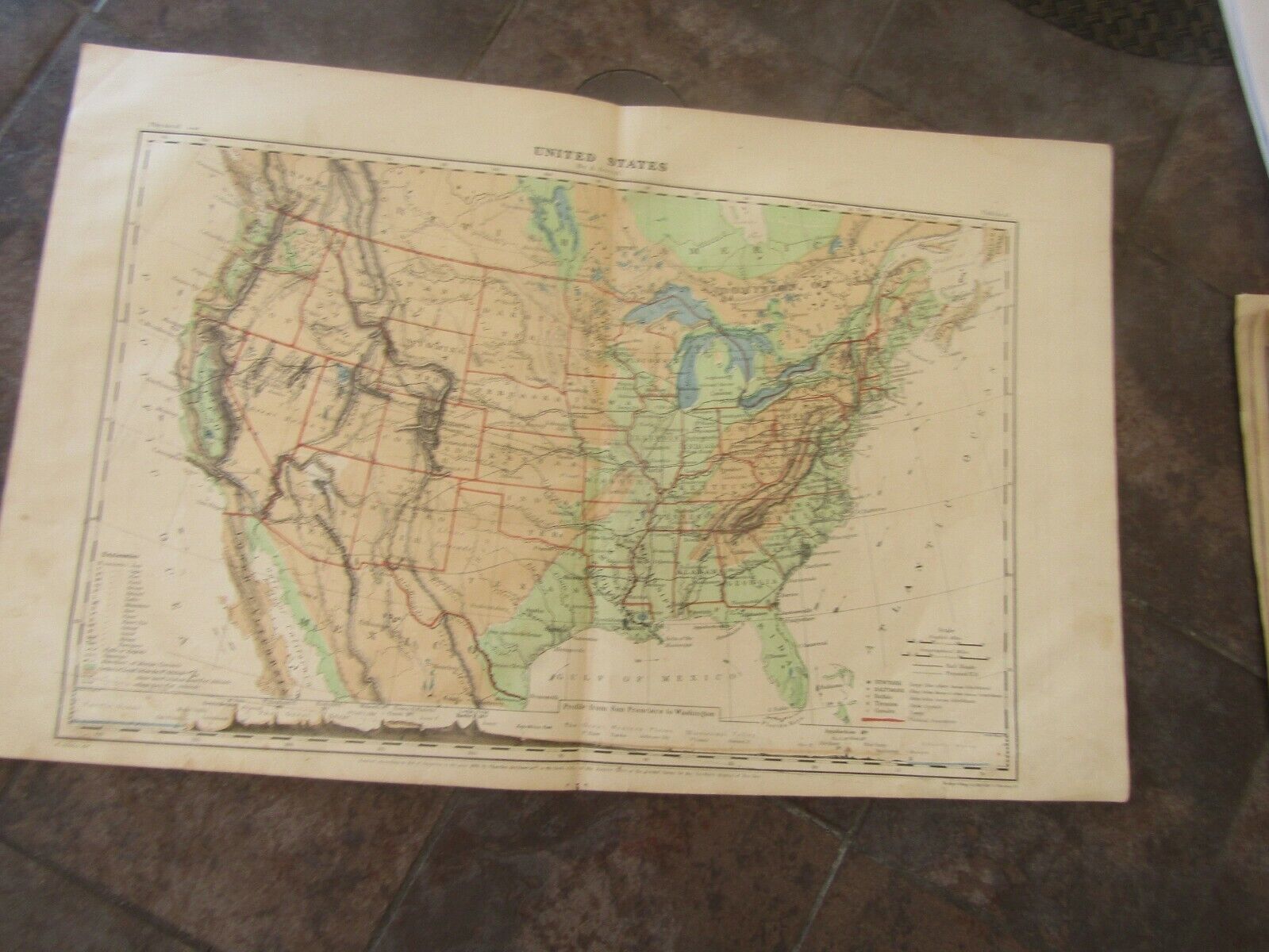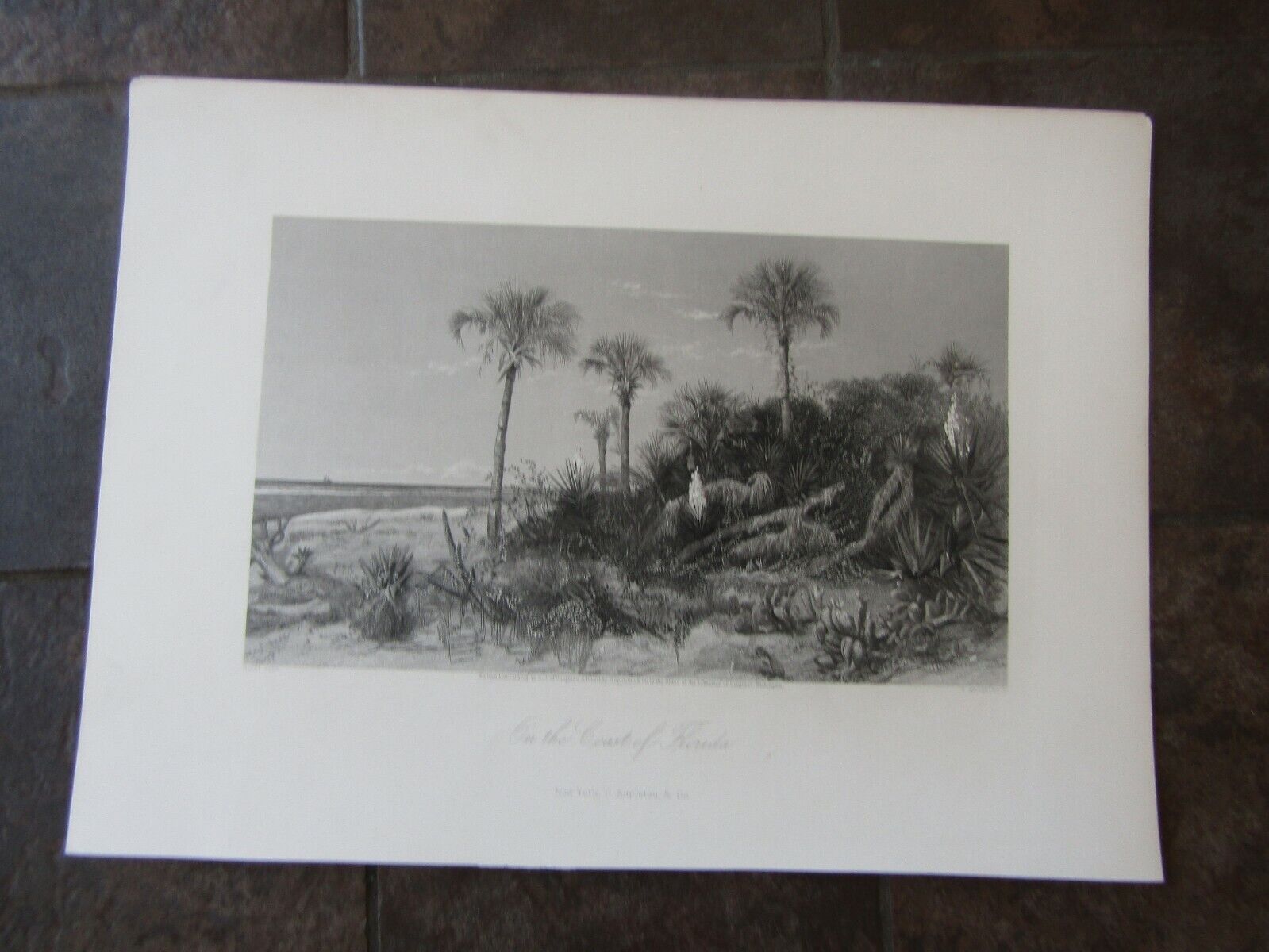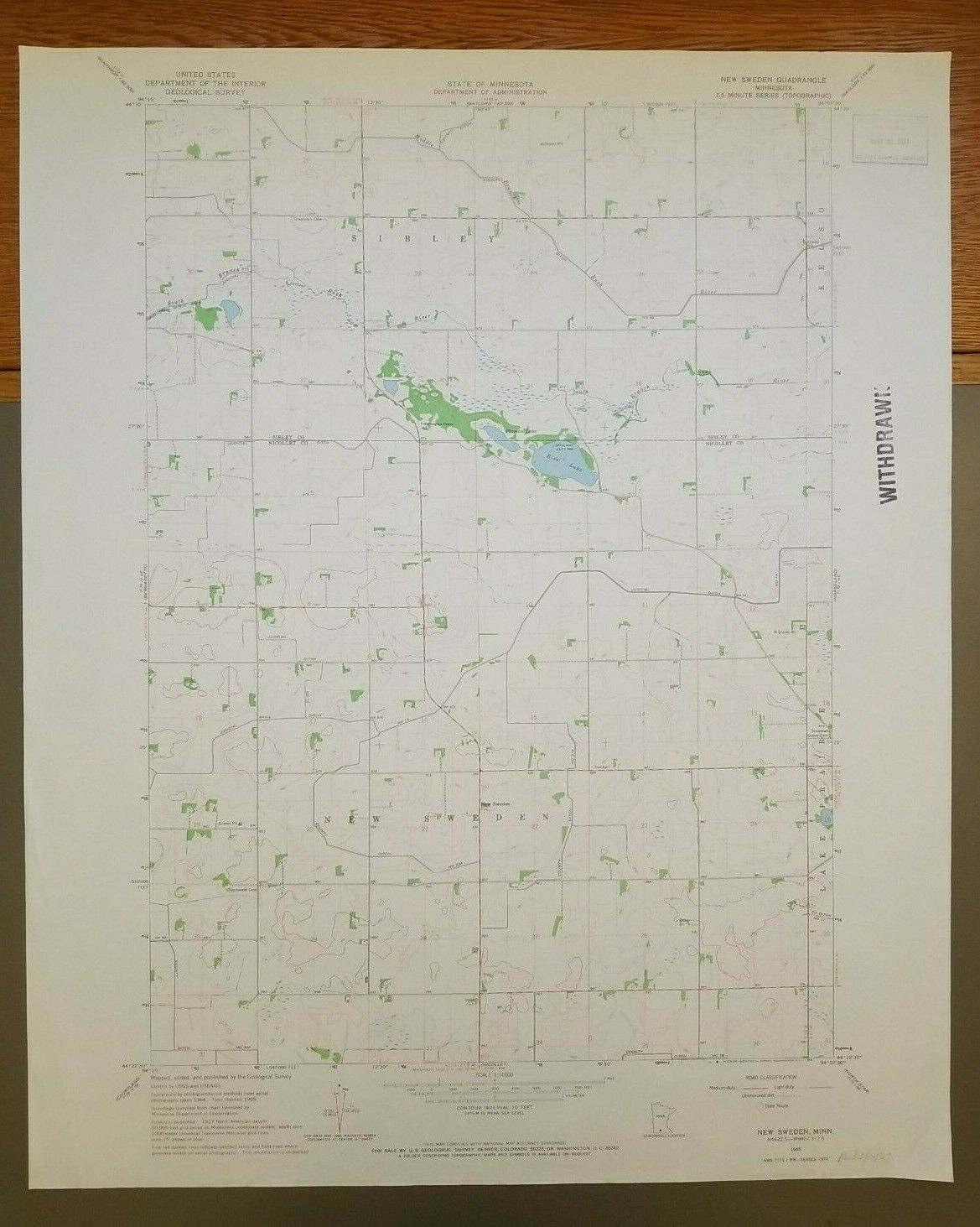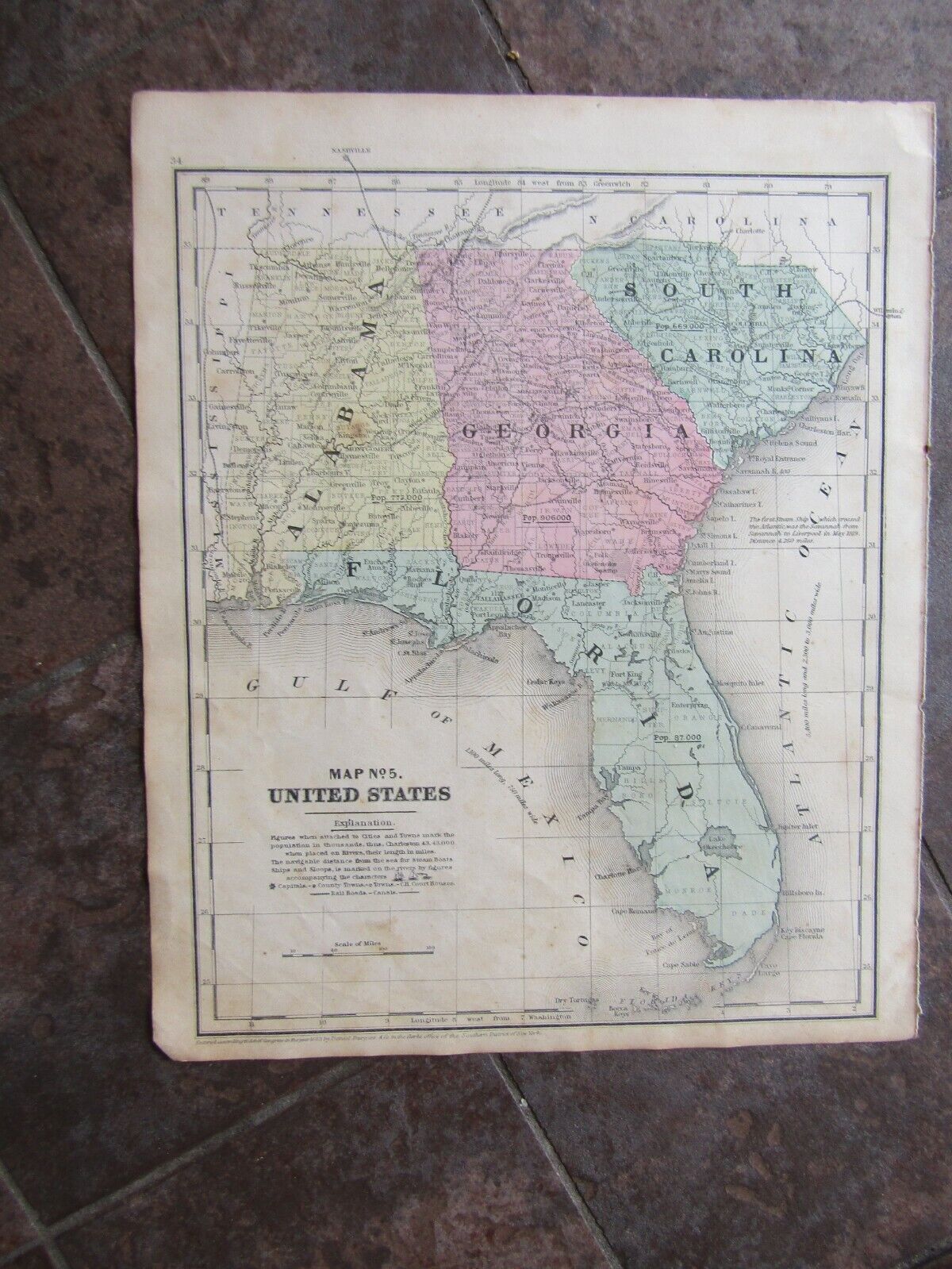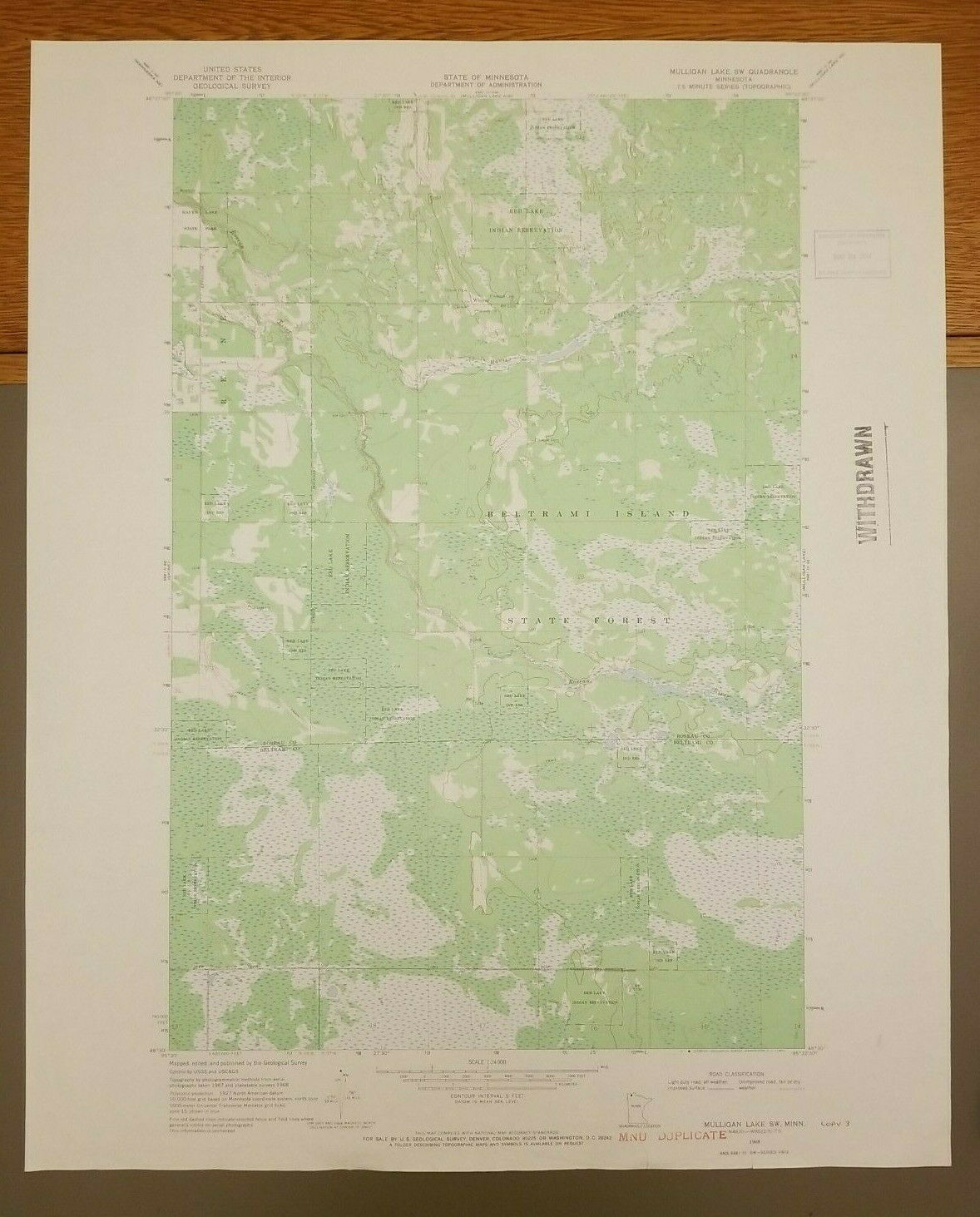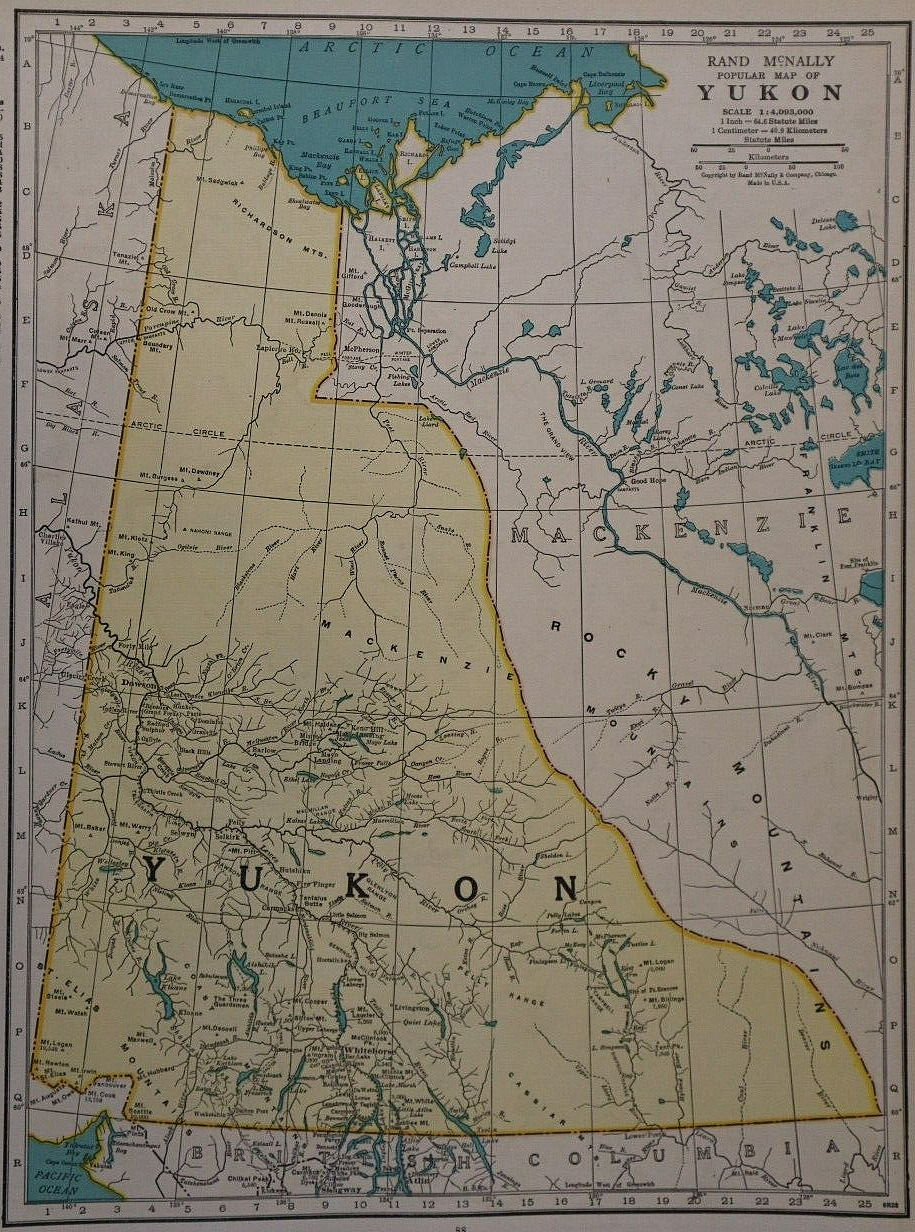-40%
1881 Racine Kenosha County & City Wisconsin H/C Maps Factories Water Cure Poor H
$ 39.6
- Description
- Size Guide
Description
Map of Racine and Kenosha Counties (with) Plans of the Cities/Towns of Racine, Kenosha and Elroy (Juneau County) (Wisconsin)Published by H. R. Page & Co., Chicago, 1881
Original double-sided hand colored lithographic map sheet consisting of a single map of both counties on one side and 3 city plans/maps on the other extracted from H. R. Page’s “Illustrated Historical Atlas of Wisconsin”, the last of the 3 great Wisconsin State atlases published during the latter half of the nineteenth century and arguably the finest and most complete. Map size:12 ¾ x 15 ½ inches (borders) on sheet with broad margins.
These simple yet attractive and long-obsolete maps focus on political and cultural aspects of the covered areas plus additional features, many of which are listed below, and would tastefully adorn any home, cabin or vacation rental. If you have an interest in any of these Wisconsin places, old maps offer a unique window into the past that can inspire conversation, reflection, and appreciation.
What could possibly have changed over the past 140 years?
Condition: Generally very good with light age toning and some marginal toning spots which can be easily framed out. The bound edge has been slightly trimmed to remove binding remnants but there is still ample margin left for framing. Please view the photographs for more detail about condition and content and, of course, feel free to ask questions.
Content: The two county maps are colored by civil townships and show survey township, range and sections; cities and towns; wagon roads; railroads, railroad stations and depots; post offices; churches and schools; shops and stores; fairgrounds; the county poor farm; rivers, lakes and springs; and more. Even a small number of private residences are named (presumably prominent citizens or subscribers to the atlas). The county boundary configurations shown match those of present-day Racine and Kenosha Counties.
Each of the 3 city maps are colored by ward, subdivision or addition and contain information such as extent; named streets; city blocks; railroads; harbors; and, depending on the map, buildings such as churches, schools, factories, foundries, tanneries, water cures, malt house, city poor house, and other places of public interest; etc. Of additional interest, Racine College is shown at the southern edge of the Racine map. The Plan of Racine occupies the left half of the sheet with Kenosha occupying most of the right half and a small map of Elroy below.
A scarce assemblage of maps each containing historical information of a bygone age when the pace of life was regulated by the speed of a horse, steam locomotive or steamboat (and paper map!) for these then relatively young Wisconsin counties and towns. By 1881, Wisconsin had begun to recover from the crippling economic Panic of 1873 – the worst US depression until 1929 – making the publication of a third state atlas economically viable even following tepid public reception to the previous Walling/Tackabury and Snyder/Van Vechten Wisconsin atlases. Each atlas was an improvement over its predecessor with changes made to formatting and content, although many of the Page and Snyder/Van Vechten maps share a very similar appearance and are cartographically almost identical, having been produced from the same plates. Close examination of Page and Snyder/Van Vechten map pairings sometimes reveal minor additions and removals by Page; however, major changes occurring within the few year span between these publications, such as county boundary redefinition due to new county formation, city/town map additions or removals, and new illustrations, were also made.
H. R. Page & Co. also published atlases of a small number of north mid-western US and southern Canadian counties, maps of selected US states, and other subjects up until the late 1880’s. Their Wisconsin State atlas endures as their most ambitious, comprehensive and best-known work. Wisconsinites are fortunate to have such a rich resource of affordable and display worthy cartographic material at their disposal.
